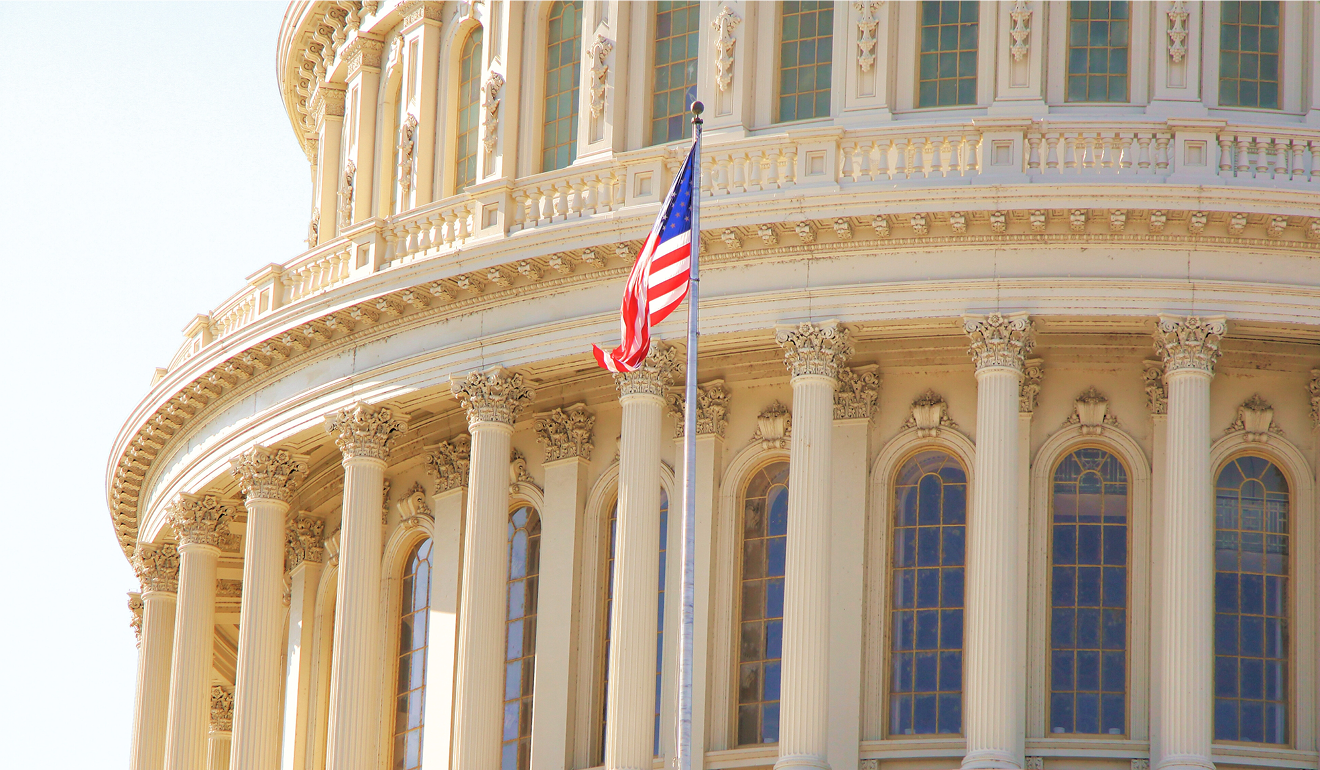2025 Advocacy Agenda
HLC has a history of working with the federal and state governments and we will continue to work with the Triad to address higher education changes in support of our mission.
HLC’s has updated its 2025 Advocacy Agenda, a statement of advocacy priorities related to federal and state regulations and legislation that applies to accreditation and higher education. HLC’s Advocacy Agenda is developed in alignment with HLC’s mission, strategic planning efforts, stakeholder engagement, and industry trends.
D.C. Transition
HLC, as a member of the Council of Regional Accrediting Commissions (C-RAC), sent this letter to the Trump-Vance Administration’s U.S. Department of Education Transition Team regarding the value of accreditation and the opportunities for working with the Triad.
President Trump has put forward Linda McMahon as his nominee for U.S. Secretary of Education. McMahon, a business executive, has experience in federal government as a former administrator of the Small Business Administration. She has written in support of Pell Grant eligibility expansion for short-term workforce-related programs. She will need to be confirmed by the Senate.
The 119th Congress has convened and will continue through to the beginning of 2027. The Senate Health, Education, Labor, and Pensions (HELP) Committee is being chaired by Senator Bill Cassidy (R-Louisiana), with Senator Bernie Sanders (I-Vermont) serving as the ranking member. Senator Cassidy sponsored a College Transparency Act in the 118th Congress, which would have established a national postsecondary student data system.
In the U.S. House of Representatives, the Education and Workforce Committee is being chaired by Representative Tim Walberg (R-Michigan), with Representative Bobby Scott (D-Virginia) continuing to serve as ranking member. Walberg has said that he would like to make college more affordable, increase the number of apprenticeships and internships, and expand eligibility of Pell Grants for short-term workforce-related programs.
HLC will continue to monitor executive orders, regulations, and legislation related to accreditation and higher education.
U.S. Department of Education
Regulations
The Biden administration officially terminated its process for new regulations related to accreditation at the end of December 2024. The administration also canceled the process related to regulations for state authorization and cash management.
The administration released a revised version of its final regulations for distance education, Return of Title IV, and TRIO to be implemented by July 1, 2026 (for distance education enrollment reporting the implementation date is July 1, 2027). The provisions related to attendance-taking for distance education courses and a Title IV limitation on asynchronous instruction of clock hour courses, both of which had caused concern in the higher education community, were not included. A definition of a virtual location was also not included in the final rule. One issue that was arrived at by consensus, TRIO eligibility expansion, was only released with a technical correction regarding one of the U.S. territories.
HLC, along with many national organizations, wrote in December to ask that the Department delay its deadline from January to July for institutions reporting data related to Financial Value Transparency and Gainful Employment. The reasons for the request included concerns about unclear guidance, the time and cost burden, and the transition to a new administration in D.C.
FAFSA Legislation Signed
President Biden signed into law H.R. 8932, the FAFSA Deadline Act in December after it passed the House and Senate. The law moves up the statutory date for the annual release of the Free Application for Federal Student Aid (FAFSA) from Jan. 1 to Oct. 1 each year. This would help to ensure that students and their families have sufficient time to complete the FAFSA. HLC signed the American Council on Education (ACE) letter to House leadership offering support for the bill.
Congress: Budget and Appropriations
Congress passed a new continuing resolution in December 2024 that will fund the federal government until March 14, 2025. Congress will have to consider appropriations or a new continuing resolution by then to keep the government from shutting down. The continuing resolution did not include a reauthorization of the Workforce Innovation and Opportunity Act (WIOA) and so that issue will have to be taken up again in the new Congress.
Questions?
Contact [email protected]
Keep Reading
Latest Issue:
-
BGD Says
-
Coming Soon: Assurance Filings in Canopy
-
Institutional Update Opens March 3
-
HLC By the Numbers: Institutions and the Criteria
-
Higher Learning 2025: See the Full Schedule
-
New Tribal Law Program Engages Navajo Nation
-
Advocacy and Higher Education Policy Update
-
10 Questions for Academy Mentor Kim Roufs
-
Civic Engagement Momentum Building at HLC Institutions
-
Promoting Educational Alignment to Workforce Needs

